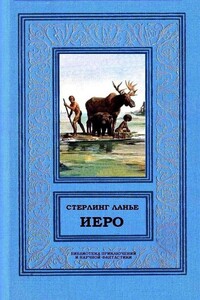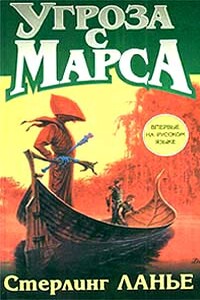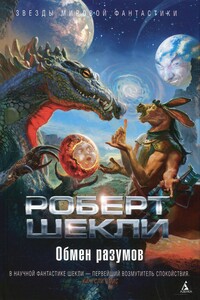Hiero's Journey | страница 61
It was mostly information given by trading merchants, sometimes filtered through thousands of miles of rumor, which Hiero had stored in his brain, ready for mnemonic recall whenever he needed it. But any information of the Inland Sea’s eastern, central, or southern end was vague, out-of-date, and apt to be inaccurate.
A number of ships sailed the Inland Sea, some of them mere rowing barges but most with sails. Pirates manned some of them, and merchants and traders others. Sometimes it was hard to tell which was which, for, like the Vikings of remote legend, an honest merchant sometimes found a colleague in trouble too easy a bargain to resist.
Also in the deep waters and among the many islands skulked the Unclean, in strange, seldom-glimpsed craft. And there were great beasts too, lurking in the open deeps, some of which came into shallow water to seize their prey. Other vast, nameless monsters were said to be plant eaters, but were nonetheless bellicose and easily aroused to fury.
The worst of the so-called natural disasters and perils, though, were ancient, as old as the Inland Sea itself, which had once been five smaller seas, a thing the oldest of the Abbey’s preserved maps clearly showed. These were the places of the cold Death, where the fires of the dreadful radiation of the last cataclysm still poisoned the air and water. Most of them had lost their once dreadful potency. Daring freebooters sometimes risked a horrible end to loot one of the Lost Cities which bordered the Inland Sea and had been designated over five thousand years gone as First Strike targets. Some of these dreaded places were plague centers too, so that a man ran the risk of dying hideously of radiation poisoning, or, if he missed that, of some fell sickness and of passing that on to his neighbors before he died himself.
As a result, those who went to the Lost Cities, even those places judged to be cleansed by time and the elements, were apt to do so secretly, lest their fellows (unless pirates themselves) be inclined to kill them out of hand for threatening them in turn with an unpleasant death by disease.
Around the shores of the Sea and on its surface, too, roamed various groups of human nomads, some living from the water directly, as fishermen, others gleaning the refuse of the shore or doing both and living in semi-permanent camps. By all accounts, the Inland Sea and its environs was a lively place, where a man could get himself killed in a different way for each of the twenty-four hours, seven days a week, with no fear of repetition.





